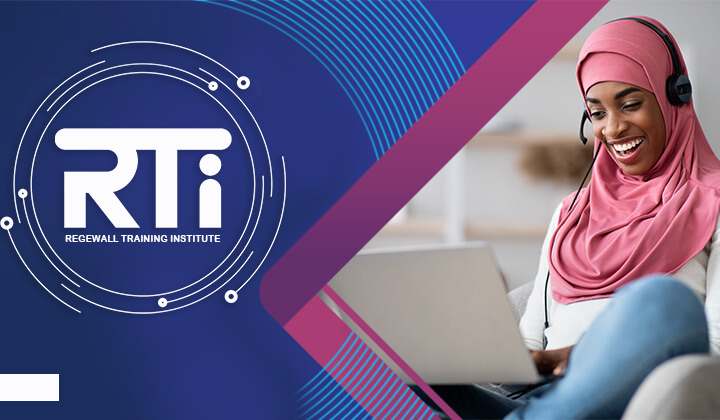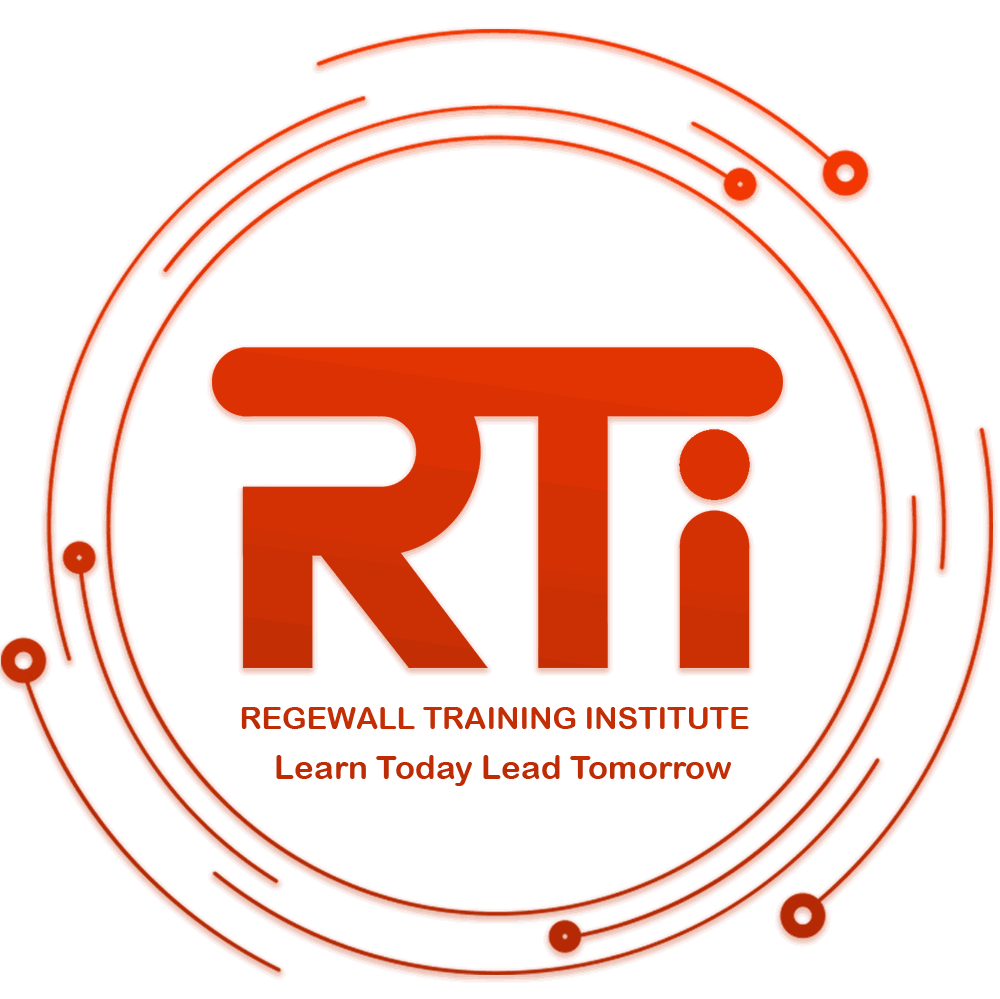Global Leaders Skills Program

About Course
Course Overview
The evolution of the business realm has brought forward multiple trends for the corporate sector. With the world becoming a global marketplace, diversity has been observed both in the internal and external stakeholders of a business.
What is the role of a global leader?
A business probably now not only serves culturally diverse customers but also employs a culturally rich workforce. Technology has bridged the gaps between countries and has made it easier for a company to expand internationally. This scenario has presented a situation where an organisation caters to employees from different cultures, values, backgrounds, goals and approaches. This calls for a leader who can understand cultural differences among the organisational members and flexibly adopts the leadership style to accommodate these diversities. The task of a global leader has become far more complicated than that of a domestic leader due to the dynamics of the global business environment.
How do drive employees to change as rapidly as the global landscape? How to deal with multiplexity among employees and operations of the business? How do ensure cultural conflicts are minimal? How do honour the relationship between global expectations and local expectations? The role of Global leaders requires them to engage distributed groups of stakeholders on similar issues and coordinate their efforts towards the achievement of common organisational goals.
How do you become a successful global leader?
RTI has introduced a trending Global Leaders Program to develop managers and leaders into global leaders who can lead people by overcoming additional barriers of distance, cultural differences and differing time zones. The course discusses ways to lead highly diversified virtual teams, manage cultural expectations, operate through communications technology, etc. This program has been designed to keep the emerging trends and necessities at the forefront. Training to lead globally is a big step in the right direction toward solving the complexities of a globalized organisation.
Course Objectives
The Global Leaders Program has been built around the following objectives:
- Learn to streamline efforts of a diverse group of people toward one common direction
- Learn to operate and ensure coordination across time zones
- Learn to ensure smooth conduct of operations in an international organisational structure
- Gain understanding of maintaining global consistency while ensuring local differences are also respected
- Gain an understanding of developing flexibility in leadership style according to cultural orientation of members and employees
- Gain necessary leadership skills such as effective communications, negotiation skills, problem-solving skills, decision-making skills and many more
- Learn to handle cultural conflicts
- Learn to communicate across barriers, deal with time zones, conduct virtual meetings, etc.
Training Methodology
This collaborative Global Leaders Program will comprise the following training methods:
- Interactive sessions and lectures
- Presentations
- Management games
- Roleplaying/modelling
- Case studies
- Group discussions
- Problem-solving sessions
Like all our acclaimed courses, this RTI program also follows the ‘Do-Review-Learn-Apply’ model.
Organisational Benefits
Global Leaders Program will benefit an organisation in the following ways:
- Global thinking leadership appreciates the cultural diversity of the workforce, which allows them a better platform for growth
- Reduction in cultural conflicts allows time and efforts to be coordinated productively within an organisation
- Global leaders promote rich communication which helps an organisation in overcoming challenges associated with working in a multinational environment
- Global leadership best reflects an organisation’s values and shows that it is committed to respecting global views
- Organisation will be enriched with a healthy corporate culture one that recognises and welcomes diversity in opinion, way of working, values and beliefs
Personal Benefits
Global Leaders Program will benefit the participants in the following ways:
- Develop skills that will help thrive in an interconnected world
- Can easily take up roles that require them to move abroad or handle a multicultural team
- Gain skills to overcome communication, distance and time zone barriers
- Become more competitive in the global workforce and perform well in a multicultural environment
- Develop global and cultural awareness
- Develop the ability to easily adapt leadership style according to the cultural situation
Who Should Attend?
- General managers
- Departmental heads, project heads
- Team leaders, global managers
- Strategic managers
- Senior officers, Executives
- Professional mentors and coaches
- Policymakers
- Start-up founders, entrepreneurs
Course Outline
Module 1: Introduction to Global Leadership
- What is global leadership?
- Global vs. domestic leaders
- Global leader competencies
- Navigating change
Module 2: Key Cultural Drivers
- Values and rituals
- Emotional connect
- Changing culture with behaviour, system and symbols
Module 3: Stereotypes and Differences Across Cultures
- Effect of cultural stereotypes
- Supportive stereotypes
- Social identity
- Managing negative stereotypes in interpersonal relationships
Module 4: Global Leadership Styles
- Leadership to avoid in a global scenario
- Alignment-oriented approach
- Diversity-oriented approach
- Culturally endorsed leadership theory
- Leadership styles based on the value
Module 5: Intercultural Perspective
- Factors influencing perception
- Attribution theory
- Bounded rationality
- Effect of individual differences in decision making
Module 6: Closing the Cultural Gap
- Cross-cultural competence
- Perception management: non-judgmental, curiosity, category inclusiveness
- Self-Management: self-confidence, self-identity, emotional resilience
- Relationship management: interpersonal engagement, emotional sensitivity, social flexibility
Module 7: Adapting Communication and Leadership Styles
- Transactional and transactional behaviour in different countries
- Leader behavioural flexibility
- Adaptive communication skills
- Influencing styles: leading style, following style
Module 8: Global Leadership Challenges
- Managing cultural conflicts
- Understanding the influence of culture and adapting accordingly
- Creating shared goals
- Communicating across barriers
- Balancing local and global expectations
Module 9: Competencies of a Global Leader
- Self-awareness
- Global mindset
- Sensitivity to cultural diversity
- Polychronic coordination
- Global strategic thinking
Module 10: Development of Global Leaders
- Change Management
- Critical thinking
- Strategy development
- Execution of global strategy
- Emotional intelligence
Module 11: Creating a Shared Vision
- Creating a global vision
- Taking input and feedback from others
- Supporting vision with strategy
- Defining roles and responsibilities
Module 12: Self-assessment for Competence
- Need for competency-based self-assessment
- 360-degree assessment
- Skill survey
- Creating a learning path
Module 13: Future of Global Leadership
- Working in a digital economy
- Emerging trends: developing technological skills, sharing leadership

